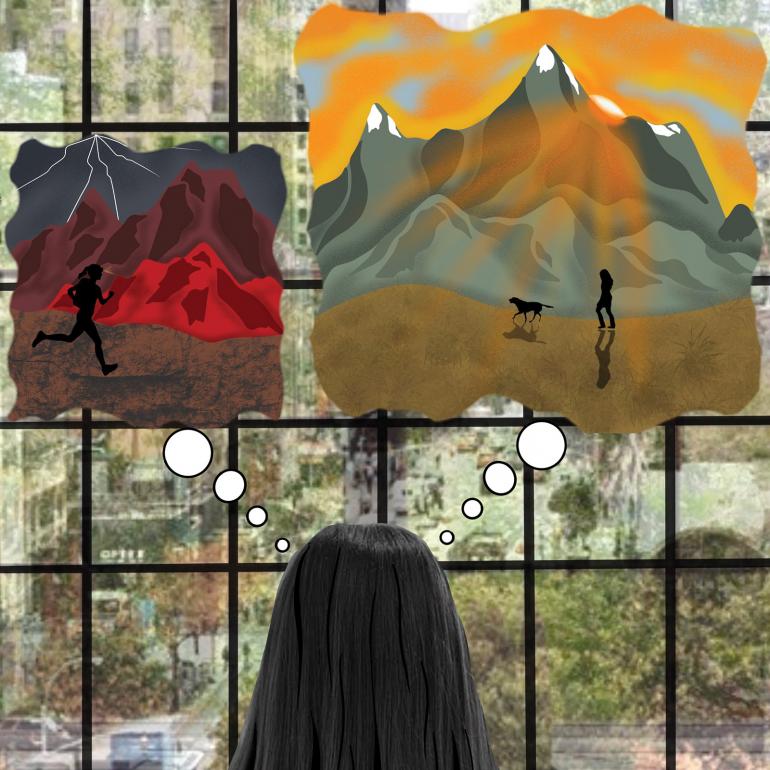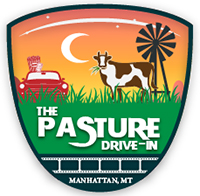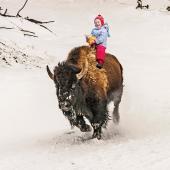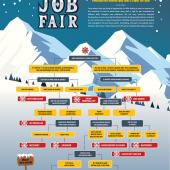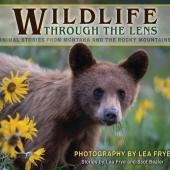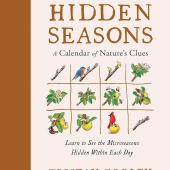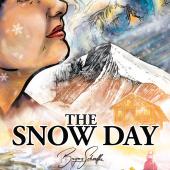All Roads Lead Home
Slowing down to catch up.
Light streamed through the yellow-orange tent and illuminated the swirling dust that filled my nose. I was so tired; I didn’t want to wiggle out of the sleeping bag and drag my weary body out of the tent. And then unpack the car, dig around for water, set up the Jetboil, and finally, finally, get my morning cup of tea. I never thought that living the dream would be so exhausting.
My fiancé and I were on our much-anticipated and mostly-planned post-graduation road-trip to celebrate getting our degrees. It was supposed to be the dream. Kicking off from the Garnet Mountain Lookout, we were going to spend two months on the road, then thru-hike the Pacific Northwest Trail. Then it was off to Boulder, or maybe Seattle, for grad school. I created a Google calendar specifically to track the grand plan. I had saved enough money to go on this trip from a brutal summer working double shifts as a restaurant host. This was supposed to be the moment that we had been waiting for all along—a magical entrance to adulthood.
But then I got a text message, a screenshot of an email: “Congratulations on your admission to MIT.” The holy grail of graduate schools for engineers—an admission offer that is essentially un-refusable. It wasn’t my admission; it was his.
I was never one of the kids who wanted out of small-town Montana. MSU was essentially the only college I ever considered. I had spent the last four years learning all I could about the ecology of the Rockies so that I could work to protect these amazing places. But now, Boston? I could spreadsheet out what it would be like to spend a month wandering up and down the entire West, but I couldn’t even begin to chart the magnitude of Boston.
The details of all the places we had visited began to blend: tree, desert, and mountain became one continuous blur of travel.
And so, with that cataclysmic change hanging over our heads, we packed up the car and took to the road, with a greater urgency than before. I have always striven to pack in as much adventure as possible, to live the life of a true adventure-seeker. And this was going to be the ultimate test: cram enough adventure in to shore up against five years on the East Coast.
All-or-nothing has become the norm in the outdoor community. Banff Film Festival boasts pro rock climbers connecting the craziest link-ups, or the casual-sounding Jackson Hole “picnic” where one bikes from town, swims across Jenny Lake, and summits a major Teton peak. Bike trips across the US, bike trips across the world, longitudinally and latitudinally. These adventures glorify the fine line between “type one” and “type two” fun. They are the lore of legend, near misses, and long days recounted over flickering campfires. These legends then grow and create a culture where you must go far, and you have to push hard, because that is what it means to be part of the outdoor community. The mindset became the driving force behind any adventure we planned, and it was projected onto our road trip. By the time we left Bozeman in late April, my recreation.gov account was full of permits and campsite reservations. Every day had something new.
And yet, as my fiancé and I progressed across the West, my heart grew heavier. We were ticking off all the places I had dreamed of—the Redwoods, the Sierras, Bears Ears, all the names steeped in adventure lore. But as time wore on, it became harder and harder to crawl out of the tent every morning. The tiny backpacking abode got claustrophobic. The thin nylon pulled my arms in every morning as I pulled my hair up, suffocating. The details of all the places we had visited began to blend: tree, desert, and mountain became one continuous blur of travel.
This pressure to see it all and ignore our upcoming move sat heavily on my chest. Each new place offered less excitement, less satisfaction. It didn’t feel like an epic campfire story. Eventually, we turned the car around and headed north, to Montana. Home. But it was with the bitter taste of failure in our mouths. It was heartbreaking to give up on what was supposed to be the epic adventure of a lifetime. And along with the disappointment of not being able to continue, there was the sense that if I couldn’t charge hard, then I didn’t belong. I had increasingly wrapped my own identity around the outdoor community and now, as I faced my future professional life unknown, I felt the comforting armor crack. I didn’t know how to pick up the pieces of myself, out of the Rocky Mountains, and fit them together to take to Massachusetts.
Running from national park to national park to cross off the bucket list wasn’t going to show me how to process and grieve a change of that magnitude.
The next steps were slow to unfold. With our action-packed road-trip behind us, we had two months to enjoy Montana as we prepped for the move to Boston. The golden summer evenings stacked on one another, slowly easing the tension in my chest. For the first time as an adult, I got to explore the mountains that I had grown up in on relaxed strolls, on evening dog walks. We took my parents backpacking for their first time in 30 years: a short three-day loop in the Cloud Peak Wilderness, paced slow and with a big enough tent for a comfortable basecamp that could fit all three dogs. I went rafting on calm waters, surrounded by friends, disconnected from reality by the slow pull of the river, and connected with this place that I loved so much. These slow days finally gave me the space to breathe, and to allow the homesickness-while-still-home grief that I was feeling to sink in. And through rediscovering how I liked to pace adventure, I was able to reclaim the understanding of when I wanted to push and when I needed to slow down.
What is getting lost in the rush of these epic adventures? We miss the first prairie crocus of spring up Triple Tree. We forget what the breeze smells like rushing through the pines on a hot summer day, only noticing it when it cools our sweaty brows. We don’t notice the busy chickadee popping in and out of its hidden aspen nest, feeding hidden hungry mouths. These details are easy to miss, but they build connection and provide the ingredients for us to stay grounded. These details that make us feel insignificantly tiny and yet unique and precious.
Exploring the peaks of the Bridgers comforted me when I moved east to Bozeman for school, with many of the same familiar wildflowers every spring. Summer jobs in the Rockies provided the through-line that kept me connected while expanding my understanding. There was always the unexpected wonder in the red flash of a flicker’s wing or the sweet vanilla scent of a ponderosa pine. To let go of that thread meant I had to grieve that loss. Which is why, I eventually realized, our epic road-trip lost its luster. Running from national park to national park to cross off the bucket list wasn’t going to show me how to process and grieve a change of that magnitude.
I can’t say that those two months at home completely smoothed the transition to the East Coast, or that I don’t daydream constantly about moving back. But what I can say is that when the homesickness hits, or the city begins to close in, it’s those slow memories I return to. Those are the memories that sustained, comforted, and inspired me as I entered my own graduate program in public policy. Those are the experiences that stay with me, and always will.
This spring marks graduation for me and the last year of my fiancé’s PhD, meaning it’s finally time to move home. And as I begin to dream about where we will end up next, it’s the slow re-discovery of the Rocky Mountains that excites me most.



